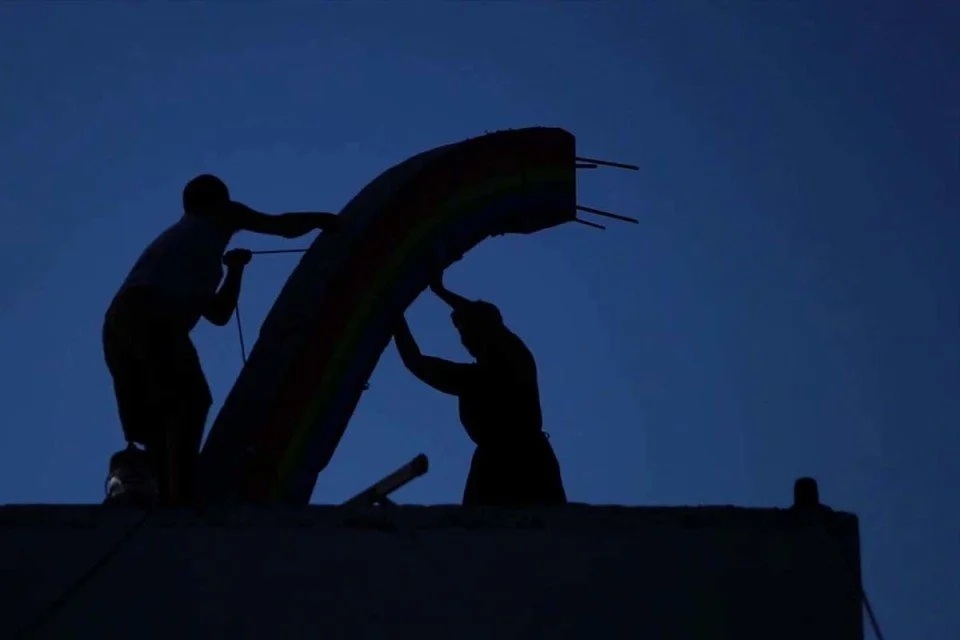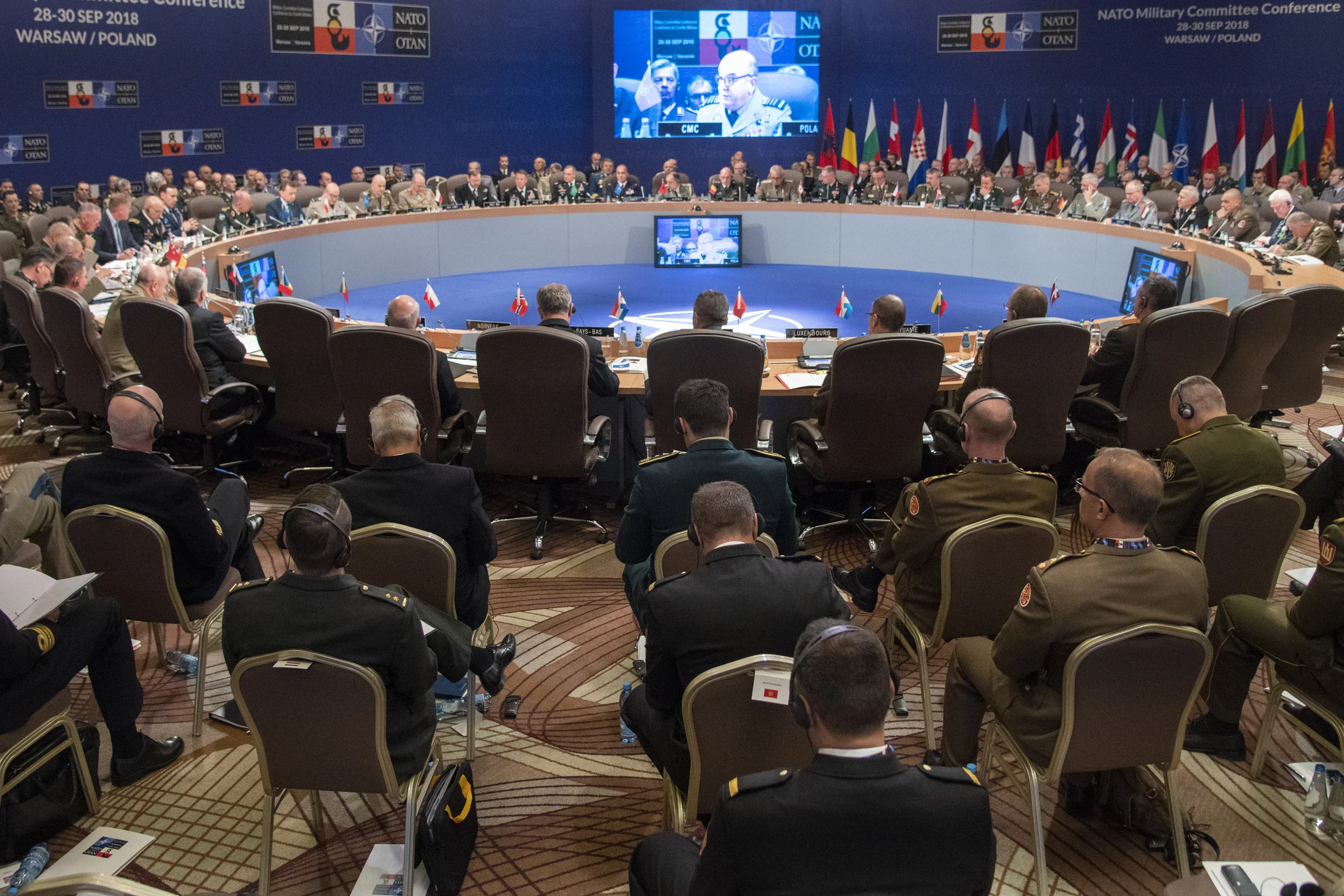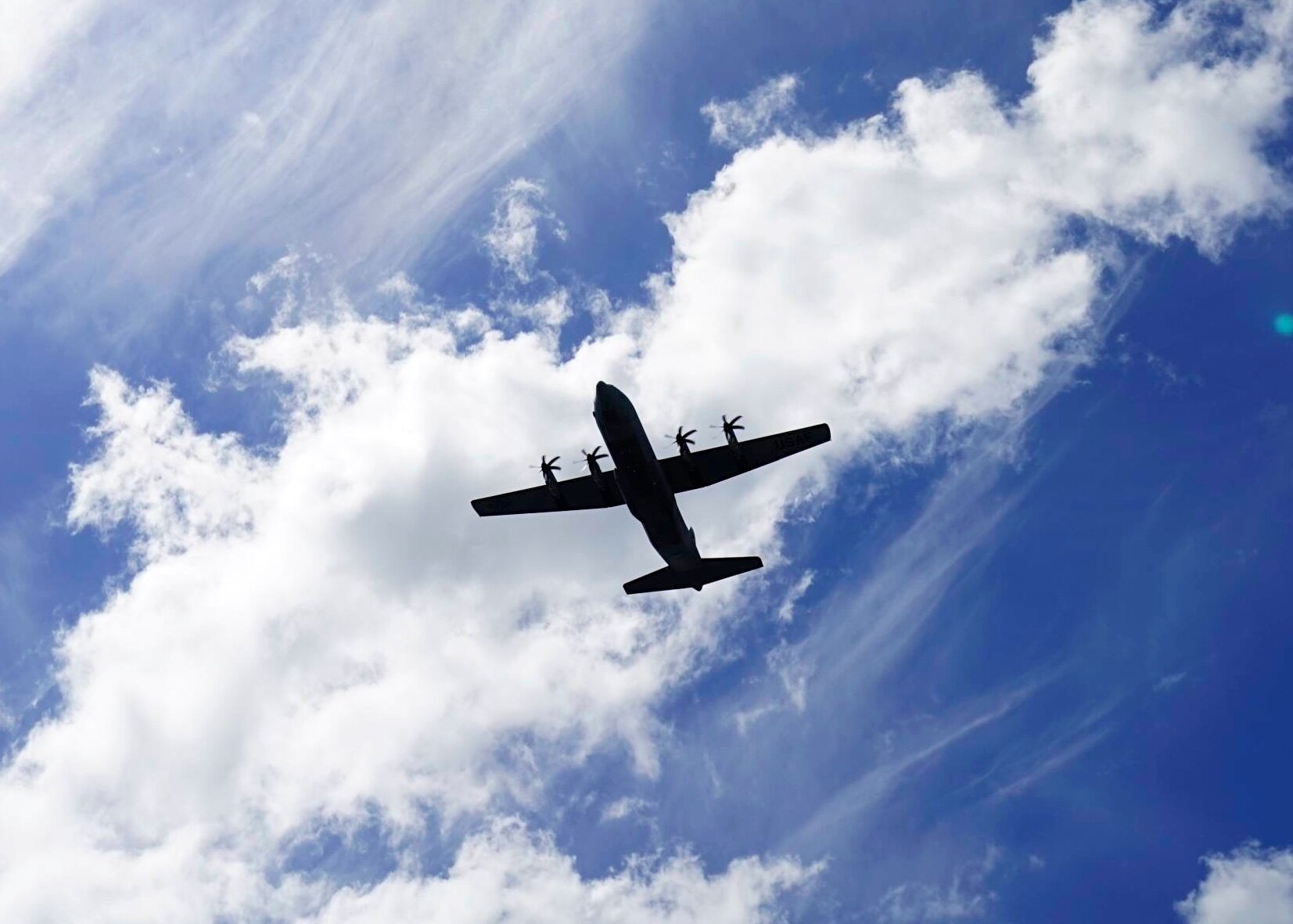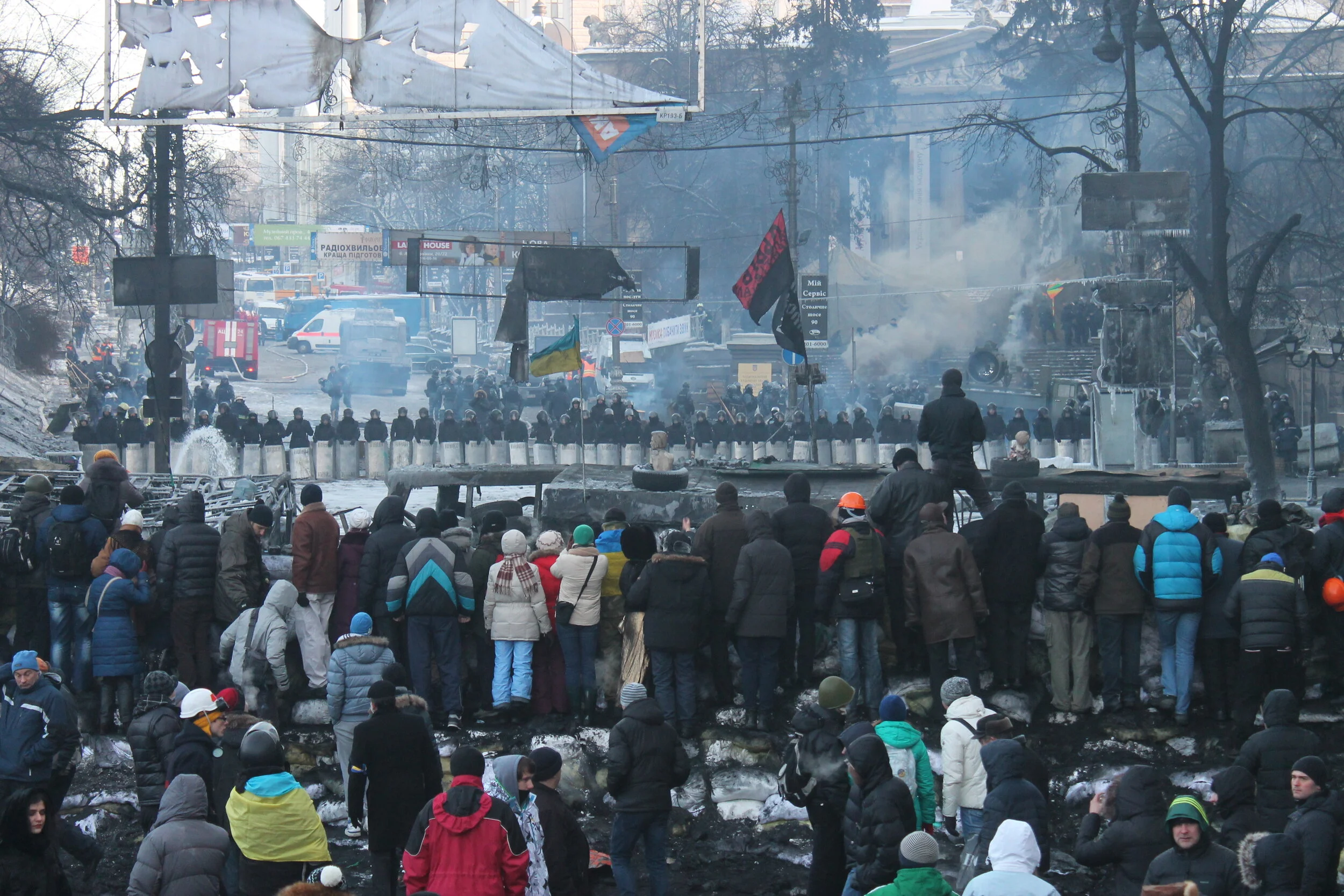Europe
Claire Spangler investigates the catalyst for the large-scale mobilization of pro-union Catalans in 2017. She analyzes social media trends, particularly on Twitter, to assess the intersection between resource mobilization and threat framing.
Branson Gillispie analyzes the disqualification of Georgia’s 2009 Eurovision entry “We Don’t Wanna Put In,” a protest song aimed at Vladimir Putin. The banning of the song underscores the complexities of politics within Eurovision and exemplifies creative resistance and contentious politics on an international stage.
Inês Raquel reflects on attending the annual Victory Day celebrations in Russia back in 2019 in the face of Russia’s current invasion of Ukraine.
How can the U.S. Strategy on Countering Corruption deliver? The case of Albania suggests that instead of simply designating certain politicians as corrupt, the United States should collaborate with local activists to foster openness, newness, and competitiveness inside the body politic, writes Dosti Banushi.
By Matthew J. Klem
Rick Steves, celebrated travel author and host of Rick Steves Europe, explains the way travel can shape our attitudes toward global affairs, and how travel in Europe shaped his own reflections on American politics.
By Joe Kyle
As the preeminent institution for maintaining European security, the North Atlantic Treaty Organization (NATO) must address the growing sphere of Russian influence in non-NATO member states.
By Nicolai N. Petro
Religious conflict in Ukraine has been much in the news of late, ever since President Petro Poroshenko very publicly embraced the ambitious idea of creating a single, unified Orthodox Christian church out of the country’s many Orthodox denominations. This idea, long dear to the hearts of Ukrainian nationalists, kept the issue on the front pages of the media in Ukraine, Russia, and other predominantly Orthodox countries for most of 2018.
By Luke Johnson
In their new book, Steven Levitsky and Daniel Ziblatt, professors of government at Harvard University, draw a distinction between two ways in which democracy can die. Read ahead for a book review written by Jackson M.A. student Luke Johnson.
By Julia Snitsky
Serhii Plokhy, an eminent historian of Early and Modern Ukraine, starts Lost Kingdom with an anecdote about the opening of one of Moscow’s largest statues, that of Vladimir the Great, unveiled in November 2016 by Russian President Vladimir Putin.
By Sir Roderic Lyne
As Putin enters his next six-year stretch (which will be punctuated, mid-term, by Duma elections in 2021), two related questions will arise. First, can Putin – a man who trusts few people — develop a successor from the next generation who is strong enough to control Russia’s baronies, and whom he can trust to protect him, his family, his associates, and their vast wealth? Second, what will Putin seek to achieve in possibly his last term in office?
An Interview with Bill Browder
A meeting between Donald Trump Jr., Paul Manafort, Jared Kushner, a Russian lawyer, Natalia Veselnitskaya, and a Russian-American lobbyist, Rinat Akhmetshin, at Trump Tower on June 9, 2016, is the subject of ongoing inquiries by multiple congressional committees and Special Counsel Robert S. Mueller III into Russian interference in the 2016 elections. Browder, the founder and CEO of Hermitage Capital Management, invested in Russia from 1996 to 2005 with over $4 billion in Russian stocks.
By Łukasz Antoni Król
In late 2015, the German government made a series of fateful pledges as thousands of asylum seekers were traveling through Europe.
By Luke Johnson
It is perhaps not as commonly known as it should be that the movement for international justice emerged during World War II for crimes committed by the Axis Powers.
An Interview with German Minister of Defense Ursula von der Leyen on global politics and international coordination.
By Aleydis Nissen
Port Talbot Steelworks is the largest steel plant in the UK, producing nearly all 1 and 2 penny coins in circulation. It is one of the largest private employees in the town, employing around 4,000 workers. The Welsh economy was put at risk last year when the owner of the plant, the Indian multinational Tata Steel, announced that it was no longer profitable, and looked to sell the plant. It is still looking for buyers, but the plant remains threatened.
By Alex Defroand
A week after the election of Donald Trump, Timothy Snyder, a historian of twentieth-century Europe, posted a message on his Facebook page entitled, “Twenty Lessons from the Twentieth Century.” Reflecting on the experience of Europeans “who saw democracy yield to fascism,” Snyder urged Americans to heed lessons such as “do not obey in advance” and “be kind to our language.” The post was shared more than 18,000 times.
By Nicki Softness
Historical analysis of Russia’s strategic military choices suggests that the state would prioritize the United States’ information technology (IT) and communications critical infrastructure as key cyber targets. In reaction to such an attack, the United States would have to choose from a spectrum of military and intelligence counter-responses, ranging from lower-level alternatives, to those with high potential for escalation.
By Julia Sinitsky
David Satter, a journalist who has covered Russia for more than 30 years, opens his new book The Less You Know, the Better You Sleep, with an anecdote.
By Ellen Chapin
In examining the rise of the Weimar Republic, a central question guides many historians: how did it all happen?
By Alex Defroand, Joshua Jacobs, Nelly Mecklenburg, Will Wright, Rebecca TeKolste, and Johannes Sosada
In our first ever podcast series, we talked with former presidential candidates, directors of major banks, academics, and journalists as we grappled with the implications of this year in politics and international affairs: Donald Trump’s election; Brexit; the ever-worsening humanitarian catastrophe in Syria; the refugee crisis; and the future of liberalism.
By Josh Jacobs
British diplomat Matthew Rycroft shares his perspectives on United Nations reform, female leadership in politics, the election of Donald Trump, and more.
By Joshua Jacobs
In a wide-ranging interview with the Yale Journal of International Affairs on the one-year anniversary of her departure from office, Ashton reflects on the vicissitudes of her term. We talk of the more frustrating foreign policy challenges that she faced, the possibility of her own country voting to leave the European Union this summer, and how she felt as the only woman in a room with the European Union’s twenty-eight male foreign ministers.
By Charlotte Juergens
In his old age, my great grandfather Pat recorded his memories of D-Day on tape. A former war correspondent with Stars and Stripes, Pat had attached himself to the 29th Division Infantry shortly before the initiation of Operation Overlord
By Juan Zero
On August 27, 2015, seventy-one refugees were found to have suffocated to death in a frozen food truck that was abandoned on the Austria-Hungary border.
David Biette spoke with the Yale Journal of International Affairs in April 2015, several weeks before the United States assumed the chairmanship of the Arctic Council. The interview reflects the wide-ranging set of issues facing the region, including security posturing, new frontiers in international law, and environmental considerations.
By Anders Fridén
Sweden should join NATO as soon as possible in order to provide a credible territorial defense, balance the security interests of Sweden and other regional actors, enhance the influence of the country within the European security context, and reap the benefits of coordinated defense and interoperability that participation in NATO would provide.
By Jennifer J. Carroll
While we should acknowledge the experience and knowledge of regional experts, even those distracted by right-wing actors, no one has more authority to characterize what Ukrainian activists are up to than those activists themselves, and they are telling a different story. We should listen.
By Yale Journal of International Affairs
An Interview with Eric Rubin, Deputy Assistant Secretary of State, European and Eurasian Affairs
By Joy Gordon
For many years, the Security Council of the United Nations was seen as paralyzed and ineffectual. But in the aftermath of the Cold War, the Council became much more active, and in some cases, was accused of overreaching. Some have argued that this puts the Council’s legitimacy into question. A series of recent European court rulings have provided support for this view, in that they find that some of the Security Council’s enforcement actions are inconsistent with international law.





























By Joseph Gayeski
How his history of Franco-Russian relations begs questions that he himself struggled to answer.